Americans eat around three burgers a week ||
You walk into a burger restaurant. What’s going through your mind? Double meat with extra bacon and cheese? Brown bun or added slice of avocado? Environmental degradation or ecological preservation?
You probably don’t think about the latter. But maybe you should.
Research shows that if cows were a nation, they would be the world’s third largest greenhouse gas emitter. As humans, meat production is one of the most destructive ways in which we leave our footprint on the planet.
Hectares of rainforest in South America are cleared for cattle, to make our favorite classic burgers and steaks. One average quarter pounder beef burger drains around 1,695 liters of water, depending on where it is made, from precious resources.
Yet our demand for meat is going up. The Food and Agriculture Organization projects an increase of 76 per cent in global meat consumption by 2050. More meat will be eaten than ever before in our history.
And we will pay the environmental and human price—unless we make a change now.
What are the alternatives?
We need to eat less or sustainably reared meat in parts of the world where meat consumption per person is high. Even replacing red meat with chicken can be more environmentally friendly.

Manufacturers of vegan and plant-based meat alternatives point out that their products typically contain less fat and cholesterol than their processed beef equivalent. There is a small but growing trend for meat-free “meat”.
UN Environment’s Champions of the Earth winners Impossible Foods and Beyond Meat have done research to strip the basic building blocks of meat down to protein, fat, water and trace minerals, recreating meat entirely from plants—at a fraction of the cost to the environment.
Research by Beyond Meat and the University of Michigan Study found that the amount of water in your average swimming pool can produce 312 beef burgers or 60,837 Beyond Burgers.
The research also shows that Americans eat around three burgers a week. If one of these was swapped for a Beyond Meat plant-based alternative burger for one year, it would be like taking the greenhouse gases from 12 million cars off the road for a year.
Both companies say their burgers require between 75 – 99 per cent less water; 93 – 95 per cent less land; and generate 87 – 90 per cent fewer emissions than regular beef burgers, consuming nearly half the energy to make.
These calculations factor in primary raw materials like ingredients, including coconut oil, citrus extract, potato starch and water, and transport, lighting and cold store distribution.
It’s time to weigh up the real cost of that burger.

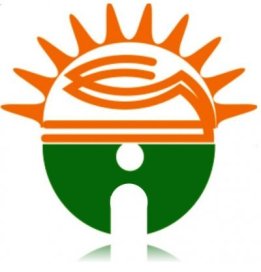
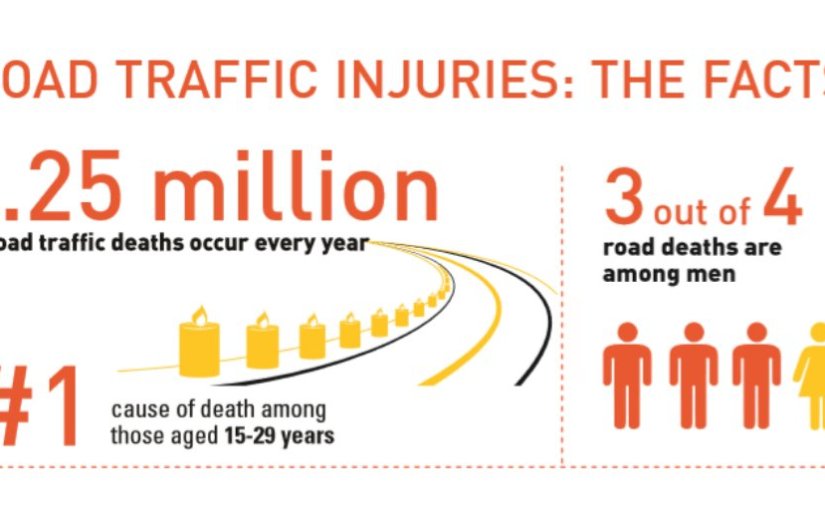
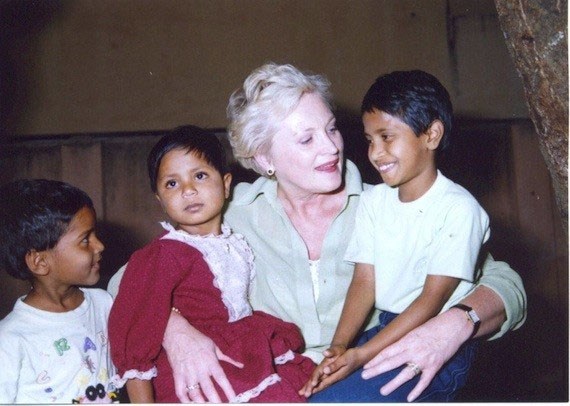


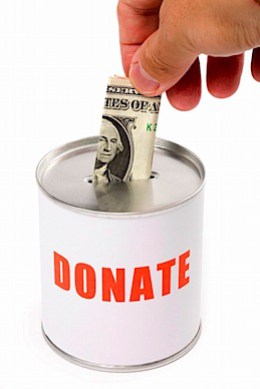
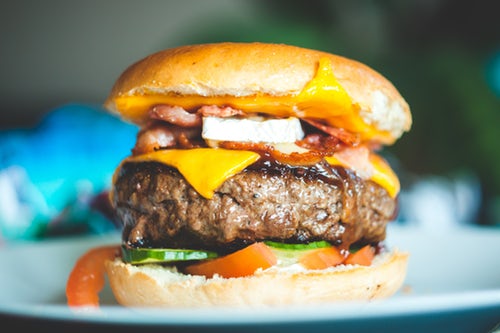

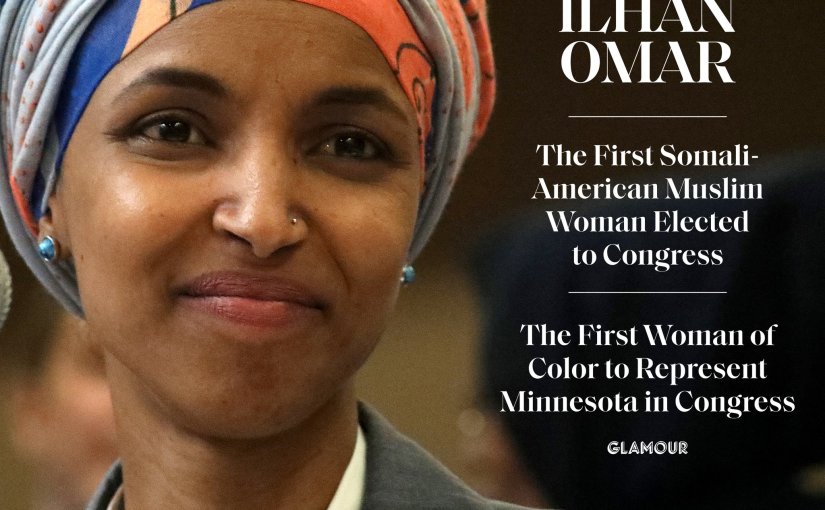

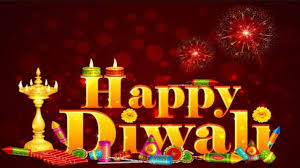
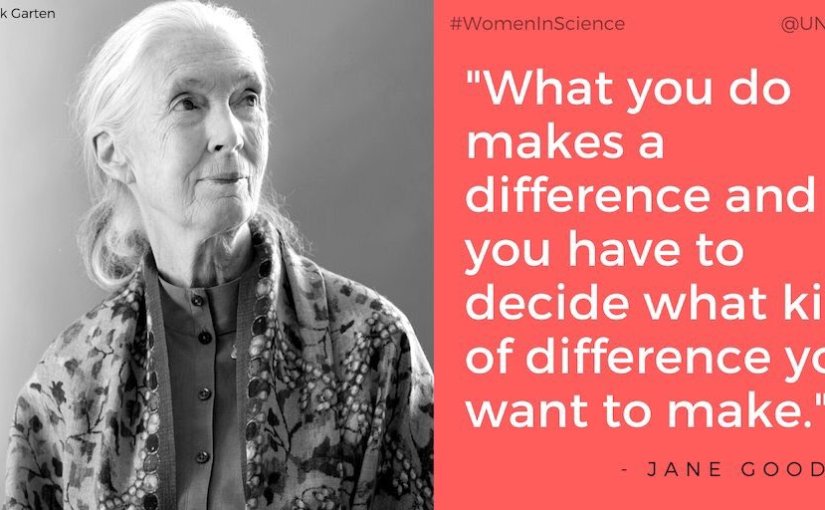
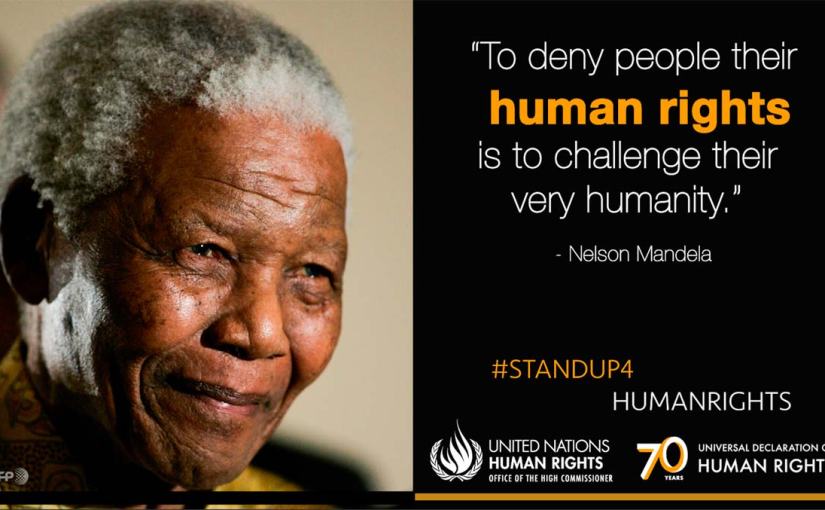
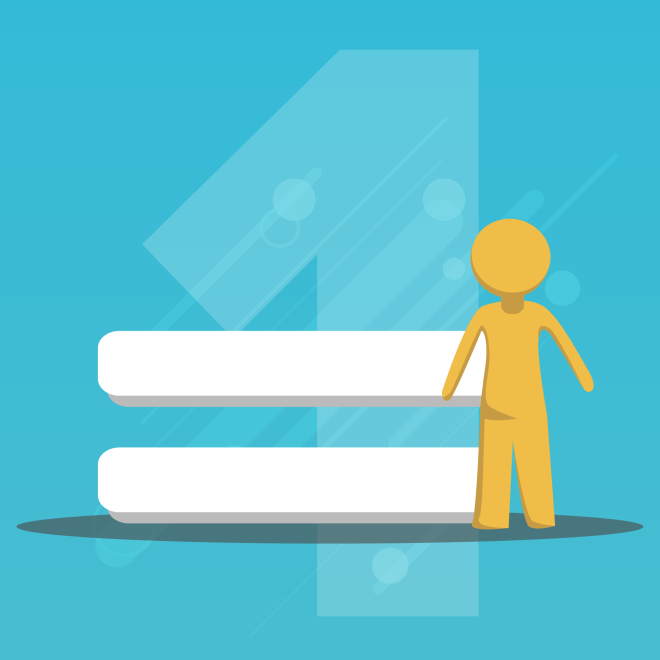









You must be logged in to post a comment.